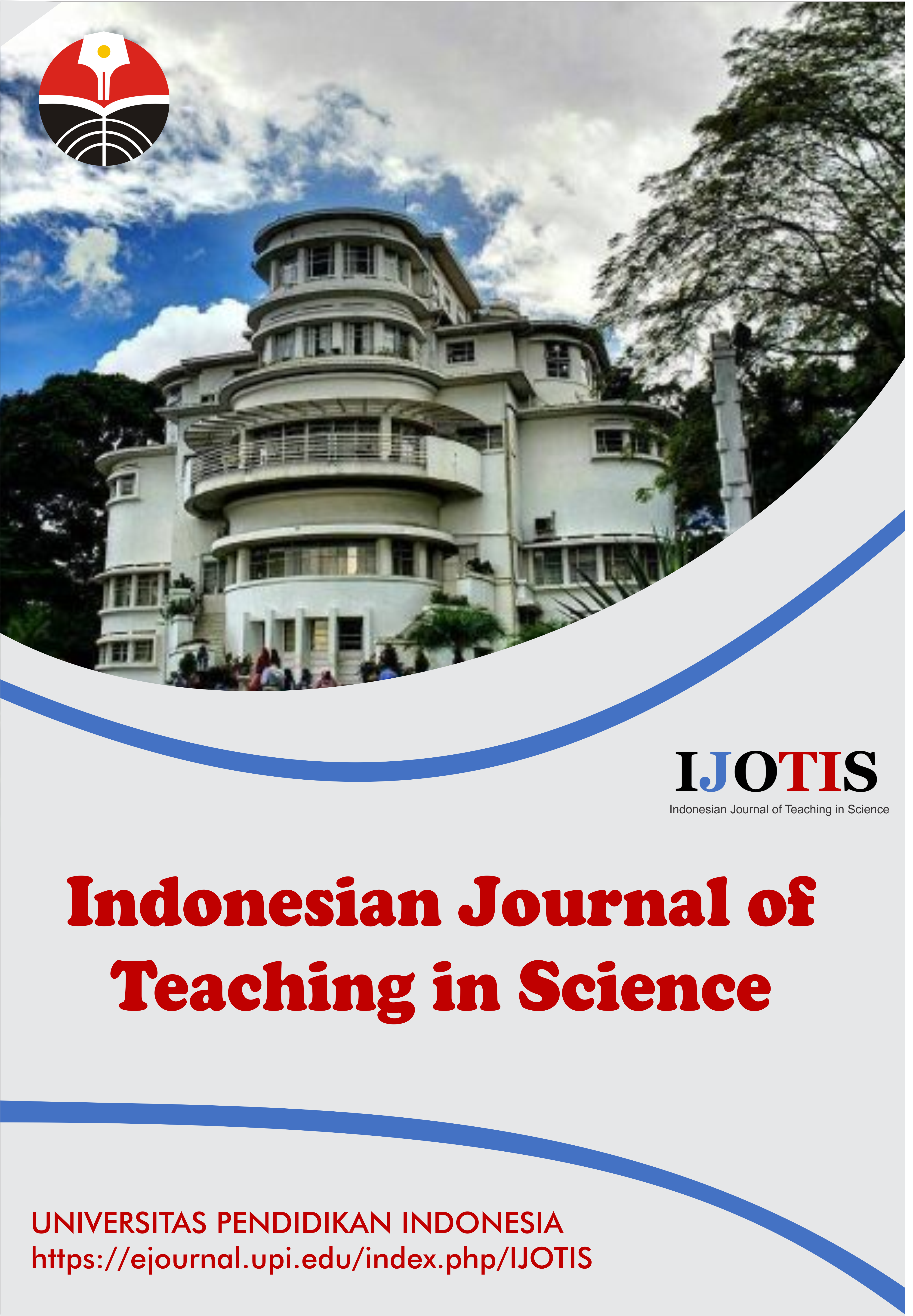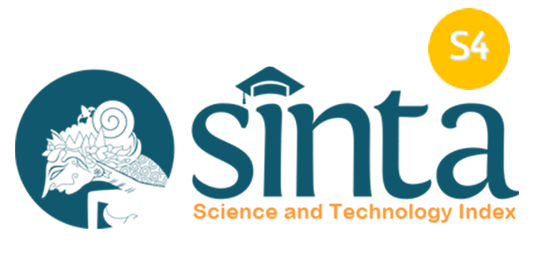The attitude of Distance Learners towards the Utilization of Learning Management System (A case study of National Open University of Nigeria)
Abstract
One significant innovative technology to expand teaching and learning mostly in Distance Education is Learning Management System (LMS). LMS allow learning institutions to offer a larger number of courses online whether full or blended, by providing institutions with a digital space for numerous purpose which includes documentation, tracking and online training. However, for the relevance of LMS within an education context, distance learners’ attitudes towards the use of LMS must be investigated. The study therefore aimed at examining the Attitude of Distance Learners towards the Utilization of LMS (A case study of the National Open University of Nigeria). Data were collected from 697 respondents using a research adapted questionnaire. Data collected for the study were analyzed using mean and standard deviation to answer research question one while hypotheses one and two were tested using independent t-test and ANOVA respectively. The findings indicated that there was a significant difference between male and female distance learners on their attitude toward the use of LMS. Thus, no significant difference existed among science, arts, and social science distance learners’ attitude towards the use of LMS. It was therefore recommended that efforts should be made to ensure that distance learners do not just have a positive attitude towards the use of LMS but should be taught the value of LMS to ensure its effective utilization.
Keywords
Full Text:
PDFReferences
Adewole-Odeshi, E. (2014). Attitude of Students Towards E-learning in South-West Nigerian Universities: An Application of Technology Acceptance Model. Library Philosophy and Practice (e-journal), 2(3),45-56.
Anderson, D. M., and Haddad, C. J. (2005). Gender, voice, and learning in online course environments. Journal of Asynchronous Learning Network, 9(1), 3–14.
Arbaugh, J. (2000). Virtual classroom characteristics and student satisfaction with internet-based MBA courses. Journal of Management Education, 24(1), 32 – 54.
Dawes, L. (2001). What stops teachers using new technology? InŁ M. Leask (ed.), Issues in Teaching using ICT (pp. 67-79). London:[]. Routledge. Ertmer, PA (1999). Addressing first‐and second‐order barriers to change: Strategies for technology integration. Educational Technology Research and Development, 47(4), 47-61.
Derouza, E., and Fleming, M. (2003). A comparison of in-class quizzes vs. online quizzes on student exam performance. Journal of Computing in Higher Education, 14, 121-134.
Dhindsa, H. S., and Shahrizal-Emran (2011). Using interactive whiteboard technology-rich constructivist learning environment to minimize gender differences in chemistry achievement. International Journal of Environmental & Science Education, 6(4), 393-414.
Govender, D. W. (2010). Attitude of students towards the use of a LMS in a face-to-face learning mode of instruction. Africa Education Review, 7(2), 244 -262.
Govender, D. W., Dhurup M. & Mudaly Y. (2014). Perceptions of Learners of a Learning Management System to Support Teaching and Learning Using the Diffusion of Innovation Theory Mediterranean Journal of Social Sciences MCSER Publishing, Rome-Italy, 5(8), 377-385. Retrieved from http://goo.gl/DkjL9u
Kadel, R. (2005). How teacher attitude affect technology. Learning and leading with Technology, 39(5), 34-47
Li, N., and Kirkup, G. (2007). Gender and cultural differences in internet use: A study of China and the UK. Computers and Education, 48(2), 301-308.
McGill, T. J., and Klobas J. E. (2008). A task-technology fit view of learning management system impact. Computers and Education, 52(2), 496-508.
McGill, T. J., and Klobas, J. E. (2009). A task–technology fit view of learning management system impact. Computers and Education, 52, 496–508.
Obadara, O. E. (2014). Effect of Learning Management System (LMS) on Students’ Academic Performance in University of Lagos, Nigeria. International Journal of Educational Foundations and Management, 2(1), 25-33.
Okron, O. and Koko, E. (2009). Students’ Perception of the National Open University of Nigeria Scheme: A Case Study of Calabar Centre An International Multi-Disciplinary Journal, Ethiopial. 3(2), 347-35
Olivia, A. T. (2009). Comparing knowledge and usage of ICT among male and female distance learners of an endowed and deprived area in a developing country in Africa. Journal of information Technology Education, 8, 1-17.
Papaioannou, P., and Charalambous, K. (2011). Principals’ attitudes towards ICT and their perceptions about the factors that facilitate or inhibit ICT integration in primary schools of Cyprus. Journal of Informa-tion Technology Education, 10, 349-369.
Wong, E. and Li, S. (2011). Framing ICT implementation in a context of educational change: A structural equation modelling analysis. Australian Journal of Educational Technology, 27 (2), 361-379.
Wong, L., and Fong, M. (2014). Student attitudes to traditional and online methods of delivery. Journal of Information Technology Education: Research, 13, 1-13.
Wong, S. L., and Hanafi, A. (2007). Gender differences in attitudes towards information technology among Malaysian student teachers: A case study at University Putra Malaysia. Educational Technology and Society, 10(2), 158-169.
Zaid, B., Jamaludin, R., and Abas, M. (2012). Investigate the Self-efficacy and Attitudes of Teachers towards e-learning in Saudi Arabia. International Journal of Scientific & Engineering Research, 3(6), 1-4.
DOI: https://doi.org/10.17509/ijotis.v1i1.39403
Refbacks
- There are currently no refbacks.
Copyright (c) 1970 Universitas Pendidikan Indonesia

This work is licensed under a Creative Commons Attribution-ShareAlike 4.0 International License.
Indonesian Journal of Teaching in Science (IJoTIS) is published by Universitas Pendidikan Indonesia (UPI)
 Indonesian Journal of Teaching in Science
Indonesian Journal of Teaching in Science



